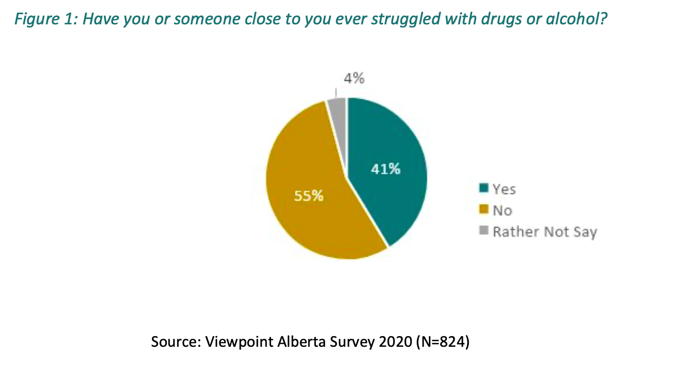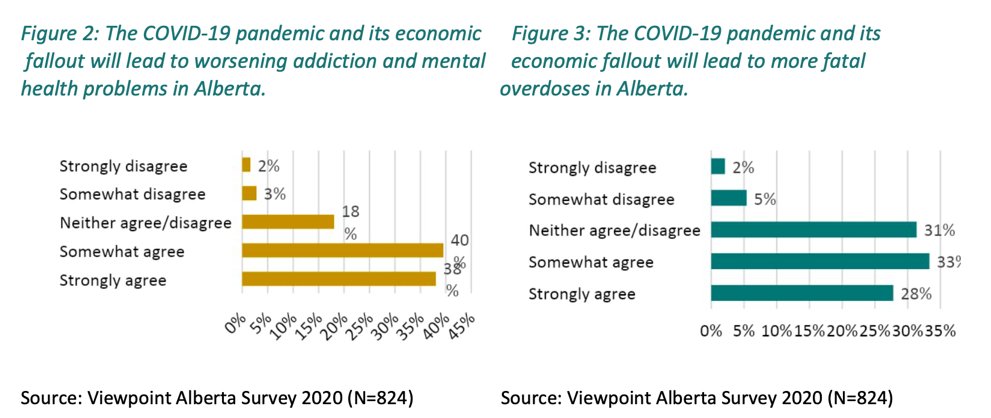
How do Albertans feel about the prime minister, premier, and other party leaders? @DrJaredWesley has our latest Viewpoint Research Brief. #ableg 🧵⤵️ 🔗drive.google.com/file/d/11ZX8sp… (n=802, online, Mar 1-8, 2021)
https://twitter.com/cgroundpolitics/status/1392880276498386947
We asked Albertans to use 1 word to describe each major party leader. They used negative words to describe Kenney & Trudeau, positive words to describe Notley, and words to indicate unfamiliarity to describe O’Toole. 

Albertans have negative impressions of Trudeau and Kenney. Conversely, Albertans view Singh and Notley more positively than negatively. 1 in 5 Albertans indicated they do not know O'Toole, and his negatives outweigh his positives. 

Net favourability scores confirm that Notley and Singh are the only two party leaders who are viewed positively overall in Alberta. 

Demographic groups have different feelings toward the leaders. Millennials, non-whites, women, and urbanites view Singh and Notley most favourably. Non-whites are the only group that views Trudeau positively. Kenney was not favoured by any demographic. 

Singh & Notley are liked by Albertans w/ some post-secondary education & people with lower incomes, while Trudeau & Kenney have negative favourability scores for all education & income groups. O’Toole does best with the high school educated & those in the mid-low income bracket. 

Favourability aligns with self-reported ideology. Those on the right like O’Toole and Kenney the most while those on the left like Trudeau, Singh, and Notley. Left-learning Albertans dislike conservative leaders more than those on the right dislike progressive leaders. 

NDP and Liberal voters felt more positively about their party’s leaders than Conservative voters felt about theirs. Federal Liberal supporters favoured Notley almost as much as Trudeau, but provincial NDP supporters did not reciprocate with the same favourability toward Trudeau. 

For more on this study, see our latest Research Brief. 🔗drive.google.com/file/d/11ZX8sp…
Or you can visit our website for findings on a host of topics, from voting and partisanship to regionalism and discrimination. commongroundpolitics.ca/viewpoint-albe…
The Viewpoint Alberta-Saskatchewan project is co-led by @loleen_berdahl and @drjaredwesley. It is funded by @KIASAlberta and @usaskartsci.
• • •
Missing some Tweet in this thread? You can try to
force a refresh












